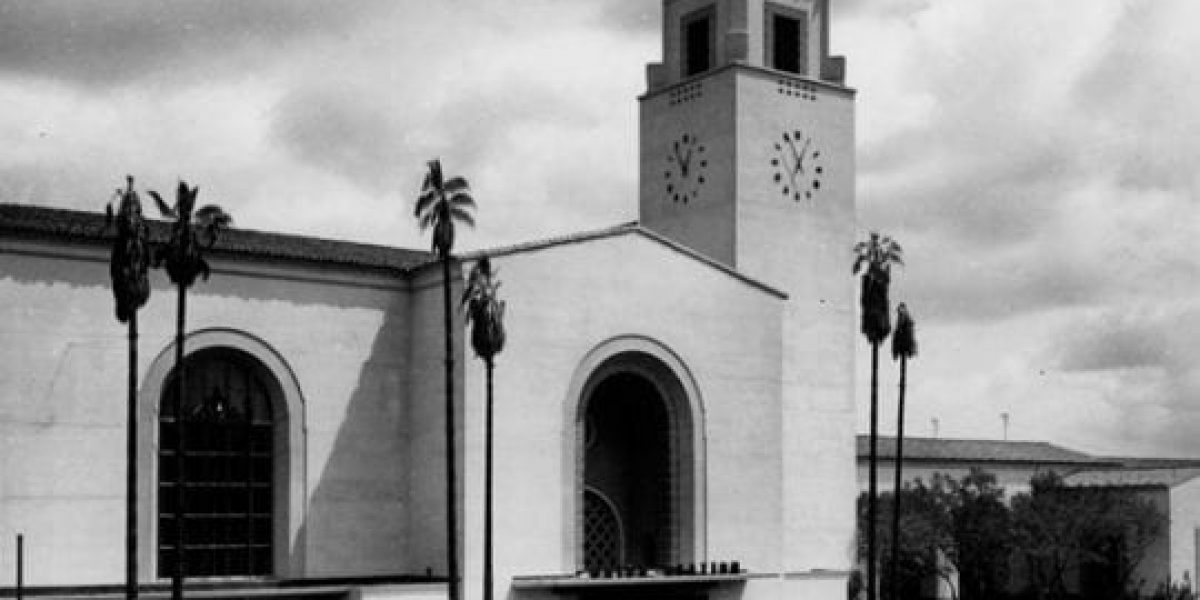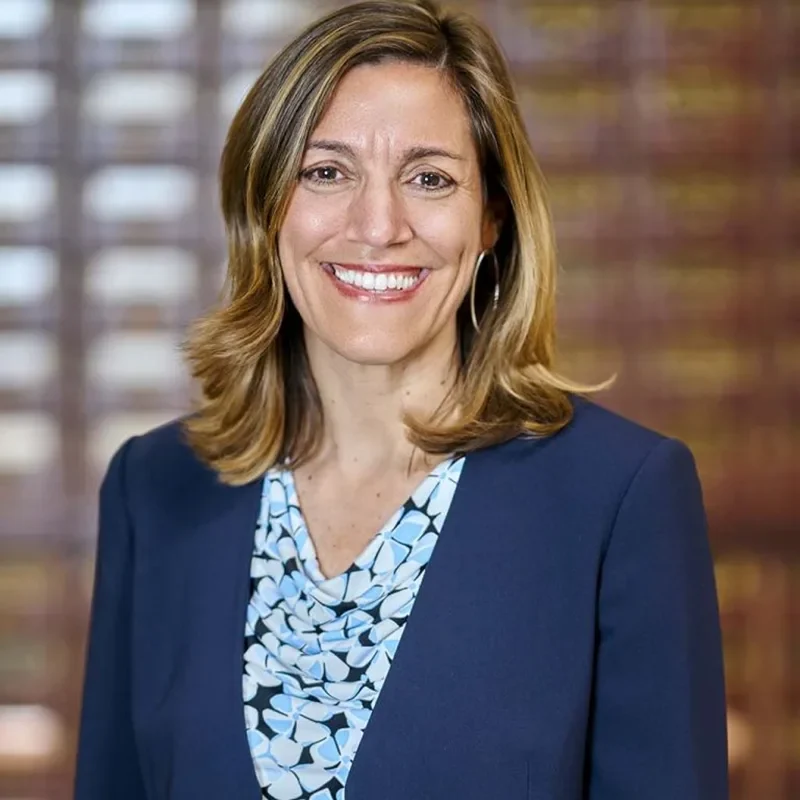In 1939, Union Station opened on the former site of Los Angeles’s original Chinatown displacing thousands of Chinese and Chinese Americans. The new station fulfilled the vision of civic leaders who believed that an impressive gateway was critical to the growth of Los Angeles. In place of Chinatown, a distinctive Mission Revival station proudly stands as the centerpiece of our regional transportation system. Yet balances of power and political economies were disrupted; financial and legal battles raged on for years. This panel including members of the Union Station Master Plan team, an architectural historian (and exhibition curator), and the vice-president of the Chinese Historical Society of Southern California will discuss the history of this architectural icon and share visions for its future.
Presented in conjunction with the Getty Research Institute’s exhibition of the same name in Central Library’s Getty Gallery



